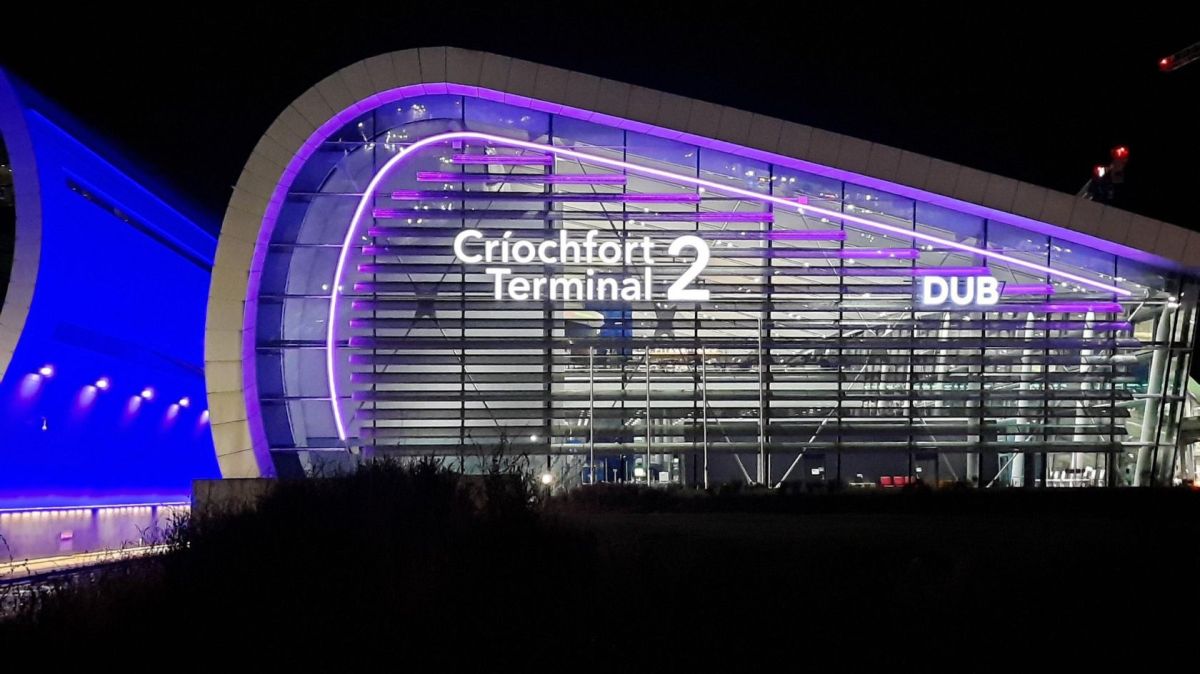Early data from 2024 indicate a continuing rise in demand, with a 21% increase in the first quarter, totalling over 989,000 guest nights—an increase of over 153,000 compared to the same period last year. This growth adds to the annual 2023 total, which was up by more than 920,000 guest nights compared to the previous year, though still below the pre-pandemic peak of 6.9 million guest nights in 2019.
The data, published by Eurostat, stems from a notable agreement between the European Commission and the leading platforms for short-term accommodation bookings, excluding other types of lodging like hotels and campsites. Of the 6.47 million guest nights in 2023, 1.76 million were for domestic trips by Irish travellers, accounting for 27% of the total.
U.S. tourists followed, booking 1.12 million guest nights (17%), with UK visitors close behind at nearly 900,000 nights (14%). The remainder was largely made up of EU holidaymakers, including 525,000 nights by French tourists (8%), 7% by Germans, and 3% by Spaniards.
Dublin saw a notable increase in bookings, with guest nights rising 36% to 1.49 million—395,000 more than in 2022. However, this remains significantly below the 2018 peak of 2.72 million guest nights, possibly due to new regulations by Dublin City Council requiring planning permission for short-term rentals, aimed at addressing the city’s housing crisis.
Other regions like Galway and Cork also experienced growth, with Galway recording a 21% increase to 373,500 guest nights, still below the 2019 peak of 457,000. Cork saw an 18% rise to 95,475 guest nights, yet remains 50,000 below its 2019 high of over 145,000.
Tourism groups have raised concerns about the proposed Short-Term Tourist Letting Bill, which would require properties listed on platforms like Airbnb to be registered with Fáilte Ireland. The legislation is expected to transition 10,700 properties from tourist to long-term rental use, predominantly in rural areas. Organizations like the Vintners Federation of Ireland, the Restaurant Association of Ireland, and the Irish Tourism Industry Confederation warn that this could harm rural tourism by reducing the availability of self-catering and short-term rentals, crucial for regions along the Wild Atlantic Way where traditional accommodations may be scarce.
Across the EU, bookings on “collaborative economy platforms” like Airbnb surged over 20% in 2023, reaching nearly 719 million guest nights, surpassing the 2019 figure of 512 million. France led with almost 159 million guest nights, followed by Spain (141 million), Italy (107 million), and Germany (49 million). Paris topped the list of EU cities with 19.3 million guest nights, while Dublin ranked 42nd with 1.49 million guest nights.
Irish travellers also booked a record number of guest nights both domestically and abroad in 2023, exceeding eight million, compared to under six million in 2019. Popular destinations included Spain (2.7 million nights), domestic trips within Ireland (1.76 million nights), Portugal (859,000 nights), France (688,000 nights), Italy (685,000 nights), and Croatia (271,000 nights).















